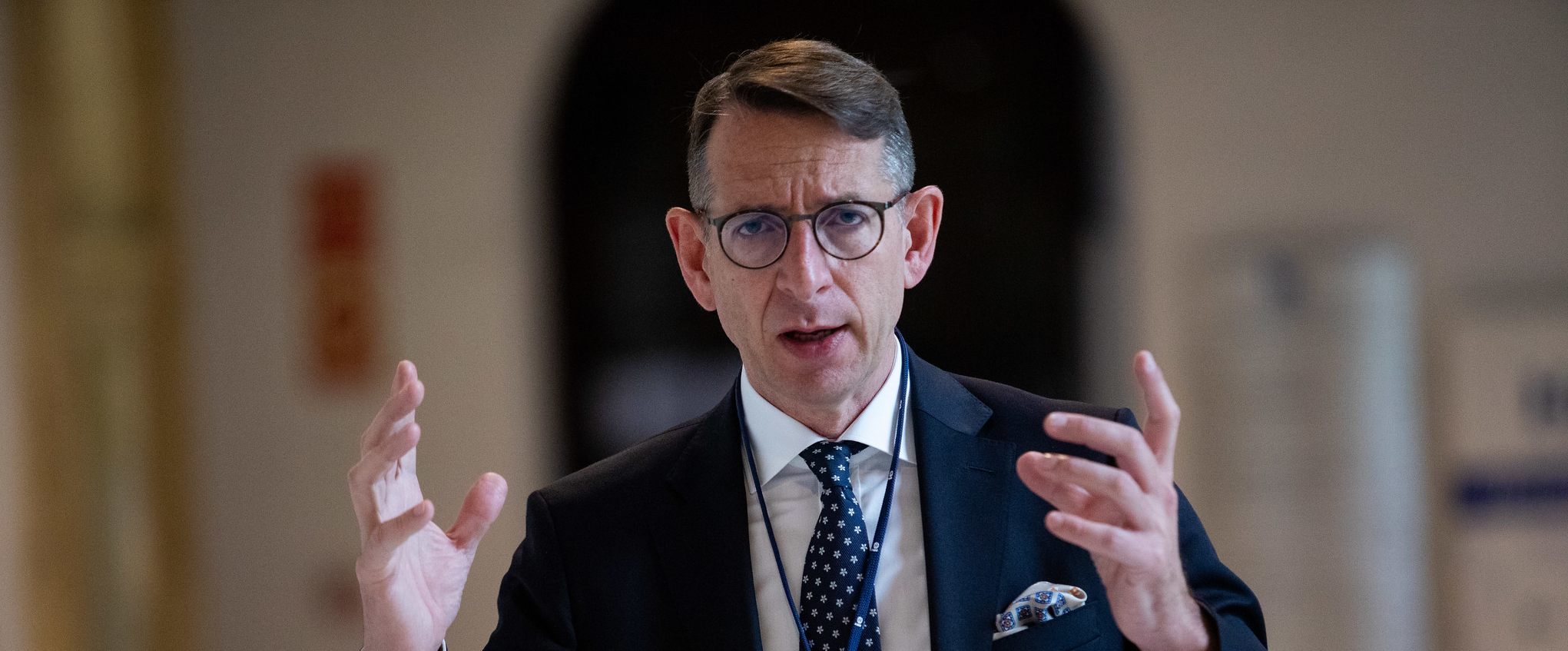Climate Financing is Now a Dire Need
A decade back if you had asked somebody what they’d think about climate change, you would have received a sort of questioning look, inquiring what about it. However, in the past decade alone, the impacts of climate change have become more visible and devastating.
We are all witness to how climate change has impacted weather patterns, increasing rainfall in some region, while unleashing drought in the other. Untimely rainfall and unexpected floods resulting from it has destroyed lives and livelihoods.
One of the worst impacts have been felt by the agricultural sector across the world, with many farmers abandoning crop farming and shifting to animal farming. Global warming is resulting in increased temperatures, melting polar caps and high sea level rises, threatening small islands and coastal areas.
The impacts of climate change can be seen playing a strong hand in the poorest countries, particularly in Africa. Climate disaster-related displacement of people in Africa has been the highest in these past few years. A 2020 report by the World Meteorological Organization, estimates that nearly 1.2 million people in the East and Horn of Africa were displaced due to floods, storms, and droughts.
Not only lives lost, but increasing climate change disasters have resulted in increased losses for governments and businesses. The US alone has suffered losses of $788.4 billion, due to 89 weather-related disasters between 2017-2021.
The Most Vulnerable
Countries in Africa has perhaps suffered the most from climate change impacts. Although there has been a lot of help pouring in from every corner of the world for countries affected by climate change, not much is accomplished. Corruption; rising prices of necessary products; and unwillingness by local governments to support the local people are some of the main reasons impeding development and a fighting chance for many countries in Africa.
Countries in Africa also suffer from civil unrest and a poor economy. The countries governments that are already having high debts have very little to invest in their climate financing needs. Most of the people are choosing to leave their belongings behind and move to other countries for better opportunities. Mass migration due to climate change is now a reality. But this is greatly impacting the national security and governance budgets of countries that are seeing a large influx of these climate migrants.
Many countries are seeing an influx of climate migrants in their borders. Most do not have a responsive system to deal with such an influx of migration. Countries are rewriting their laws around immigration including climate as one of the reasons for migrating. But the existing infrastructure in these countries are finding it difficult to manage so many people, stretching their governance and budgets.
So, the vulnerability lens has now shifted to countries where climate migrants are reaching to, asking for help. This is also impacting their respective economies, while we are also witnessing ongoing clashes between migrants and local people, also gravely impacting local businesses.
Private Sectors Play a Role
Public financing alone cannot support the massive financing and bandwidth required to address the global climate change need. Private sector financing is a must. Many large companies are investing in disaster relief efforts, but that alone will not be enough. Focus now needs to be shifted to climate mitigation and adaptation efforts which will need governments, local communities, and the private sector to go back to the drawing board in finding optimal ways to address climate change.
The pandemic has played a major spoilsport as many philanthropists are contemplating their contribution to climate change needs due to drying income sources. But businesses, philanthropists, governments, and individuals need to realize that every effort from every corner will be needed to realize a sustainable and resilient future.
Photo Caption: A whole-of-society approach to climate financing is critical. Photo by Anton Ivanchenko on Unsplash.



